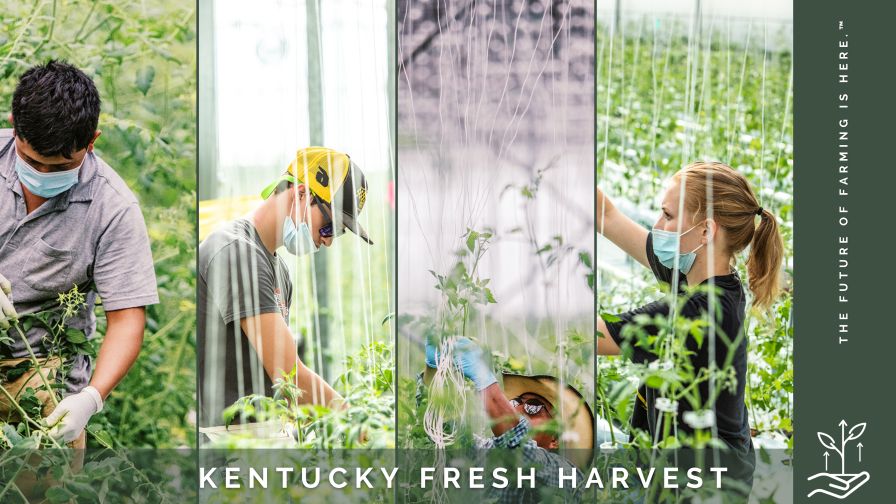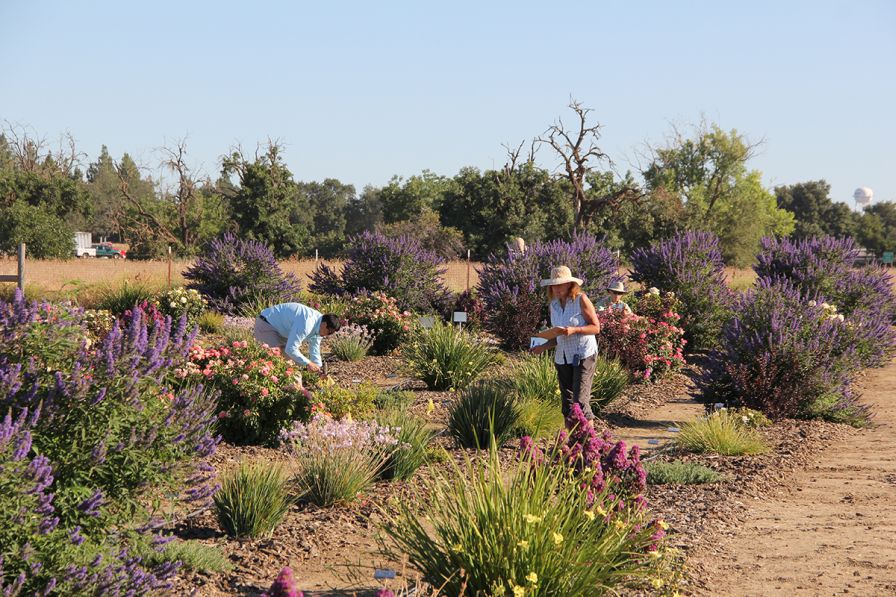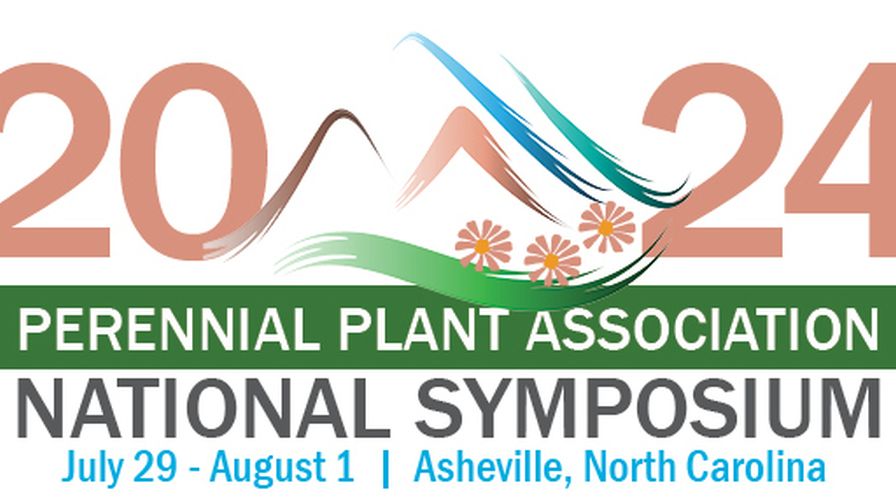How the Equitable Food Initiative Steps up to the Plate for Growers
 As Kentucky Fresh Harvest (KFH) prepares for full-scale production of greenhouse-grown tomatoes, the company is focused not just on the quality of its crop, but also on the quality of its team. One of the ways it prioritizes sustainability at the employee level is its involvement in the Equitable Food Initiative.
As Kentucky Fresh Harvest (KFH) prepares for full-scale production of greenhouse-grown tomatoes, the company is focused not just on the quality of its crop, but also on the quality of its team. One of the ways it prioritizes sustainability at the employee level is its involvement in the Equitable Food Initiative.
In part two of our series on the growth of KFH (check out part one here), we talked with LeAnne R. Ruzzamenti, Director of Marketing Communications for the Equitable Food Initiative (EFI). Ruzzamenti works closely with EFI partners to coordinate marketing efforts and bring greater awareness of EFI’s impact to the produce industry and consumers.
Greenhouse Grower: Can you give a brief overview of the Equitable Food Initiative?
LeAnne R. Ruzzamenti: The Equitable Food Initiative was formed as a multi-stakeholder organization to bring the various sectors of the produce supply chain together to create greater assurance to retailers and consumers around food safety and on-farm working conditions. The idea was to build soft skills among an already highly skilled workforce of farm workers so that they could help solve problems in their day-to-day work. It’s a model that helps workers become everyday auditors, identifying and mitigating any issues that arise on a regular basis.
Participating companies set up EFI leadership teams that are cross-functional and represent the company’s workforce, so if there are H-2A workers or a specific percentage of women to men, the team is representative of that.
The EFI does not tell you how to run your greenhouse; it’s more about communication and problem solving skills, conflict resolution, and building a trusting workplace where workers know, if they have an issue, it can be addressed without fear of retaliation.
Greenhouse Grower: It sounds like there’s a lot of communication that takes place. In this year of COVID, how did that change?
LeAnne: As the pandemic unfolded, EFI-certified growers shared that the communication networks already in place for certification really helped as they made sweeping changes in crew sizes, staggering shifts, enacting social distancing and handling breaks, transportation, etc.
Greenhouse Grower: What are the benefits for growers to becoming a part of EFI?
LeAnne: This question goes to the heart of what EFI is, in that it’s way more than a certification program where you check a lot of boxes and then suddenly you’re certified. I call the EFI leadership team “the secret sauce” of the program because it not only helps growers reach certification, but solve long-standing problems, and create safer and healthier workplaces, which helps to recruit and retain workers.
On the grower side, we know some may have audit fatigue because every retailer seems to have different requirements. That’s why we’ve aligned with Global Food Safety Initiative (GFSI) requirements to bring everything under one standard. EFI also aligns with the Produce Marketing Association-United Fresh Ethical Charter on Responsible Labor practices.
Greenhouse Grower: If a grower wants to get involved in EFI, what’s the first step they have to take?
LeAnne: Most growers will do a cost/benefit analysis for any program they are considering joining. On our end, we try to talk openly about some of the issues we can address, and then explain how we can customize what the training looks like based on the operation. Some companies have multiple greenhouses and a corporate office where they already have different kinds of management training, so we build on that.
To be certified, each operation has to have its own leadership team that is accessible to the workers. That team receives training in all those soft skills that I mentioned, including communication skills, conflict resolution, and problem solving. When they feel confident that they’ve worked through all that and are in compliance with EFI standards, they conduct an audit with a third-party certifying body. Once that is complete, they’ve earned EFI certification, can charge participating retailers the EFI premium, and the majority of that premium goes back to the worker in the form of a bonus. We believe that’s a critical component, because we’re asking the workers to be more diligent and be every-day auditors, and if they’re getting paid piece rate, there’s a potential discrepancy. We’re giving that added value to the worker, and there’s a direct connection between the retailer and the farm worker.
Greenhouse Grower: Can you talk about how EFI worked with Kentucky Fresh Harvest?
LeAnne: Kentucky Fresh Harvest had a great opportunity to address some of the biggest concerns that exists in the fresh produce industry right from the beginning. When it comes to meeting compliance issues, an operation that’s been around for a while may be faced with significant change and adapting new practices. As a newer company, Kentucky Fresh Harvest was able to shape its values from the very beginning and incorporate EFI training into its workforce from the start so that it reflects those values. Kentucky Fresh Harvest is not only addressing the current issues that we’re experiencing today in agriculture, but it’s building a stable workforce with a problem solving skill set that’s going to help the company arise to any challenge, whether that’s a pandemic or anything else that comes its way.
Greenhouse Grower: Is there anything else you wanted to address?
LeAnne: I think we’re at an interesting crossroads, and the COVID-19 pandemic is going to end up becoming a watershed moment for the fresh produce industry. The consumer research that’s coming out right now shows that consumers are more concerned with companies who are doing the right thing in terms of treating their workers well and paying a living wage. We’re going to see a consumer that is even more demanding and will want to know all of the socially relevant information about products and the companies they’re buying from. I think it’s a critical time for growers, whether or not they’re involved in EFI or another social responsibility program, to tell their story. Growers tend to be rather humble and do the right thing because it’s the right thing to do. That’s a great mindset, but might not win over discerning consumers. You need to educate your buyers about whatever it is that you’re doing in terms of social responsibility, about how you’re treating your workers and integrating the worker voice into your operations, not only because it’s the right things to do, but it’s also going to make you more efficient, and retailers are going to start demanding it. I don’t think you can emphasize enough how growers need to be thinking these issues through and differentiating themselves and constantly telling that story to their retail customers.









